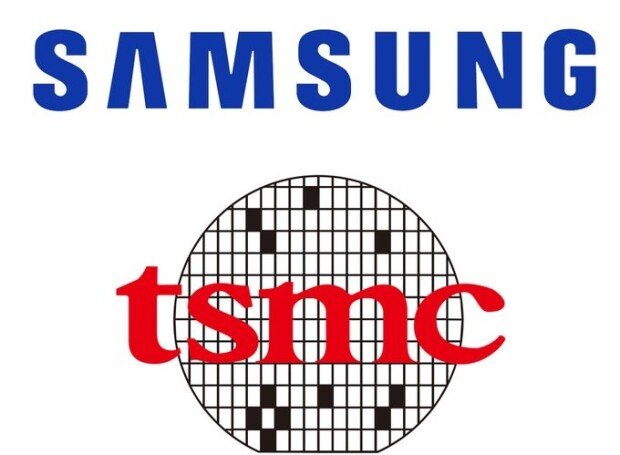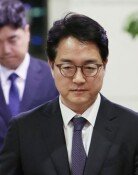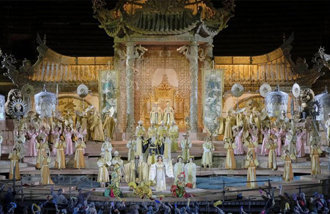Samsung, TSMC consider advanced semiconductor factory in UAE
Samsung, TSMC consider advanced semiconductor factory in UAE
Posted September. 24, 2024 08:16,
Updated September. 24, 2024 08:16

The Wall Street Journal (WSJ) reported that Taiwan’s TSMC and Korea’s Samsung Electronics, the world’s leading semiconductor foundries, are in discussions to establish a large-scale advanced semiconductor factory in the United Arab Emirates (UAE). The UAE has set a national goal of becoming a global artificial intelligence (AI) leader by 2031, driving massive investments in the sector.
According to the WSJ on Sunday (local time), citing anonymous sources, high-ranking executives from TSMC and Samsung Electronics visited the UAE to discuss plans for an advanced semiconductor complex. TSMC is reportedly considering building a facility similar in scale to its advanced fab in Taiwan, while Samsung Electronics is exploring the possibility of constructing a factory in the UAE within the coming years. The project is in its early stages, with the UAE potentially offering financial backing through its sovereign wealth fund, Mubadala. Samsung Electronics has stated that it "cannot confirm" the WSJ report.
As part of its vision to become the "AI hub of the Middle East," the UAE has been actively promoting AI development at the governmental level. The UAE National AI Strategy 2031, announced in 2017, aims to position the country as a global AI leader by focusing on AI-powered industries, such as energy, logistics, tourism, healthcare, and cybersecurity.
This year, efforts to build AI-related infrastructure and ecosystems have been concentrated in Dubai and Abu Dhabi. Relations between the U.S. and the UAE have also strengthened, with Microsoft (MS) investing $1.5 billion in G42, a UAE state-owned AI company, in April. For the UAE’s AI ambitions to succeed, advanced semiconductor production hubs from Korea and Taiwan are critical pieces of the puzzle.
However, significant challenges remain. Concerns have been raised about U.S. opposition, fearing that advanced technology in the Middle East could leak to China. The WSJ noted that semiconductor companies, such as Samsung and TSMC, have acknowledged that resolving these concerns with the U.S. is crucial before construction can begin. Additionally, the UAE faces environmental challenges, as the region relies on desalinated seawater, making it difficult to supply the large volumes of purified water required for semiconductor manufacturing. A shortage of skilled workers in the UAE's cutting-edge industries further complicates the plan to build semiconductor factories.
홍석호 기자 will@donga.com







